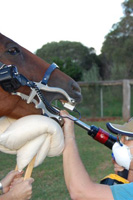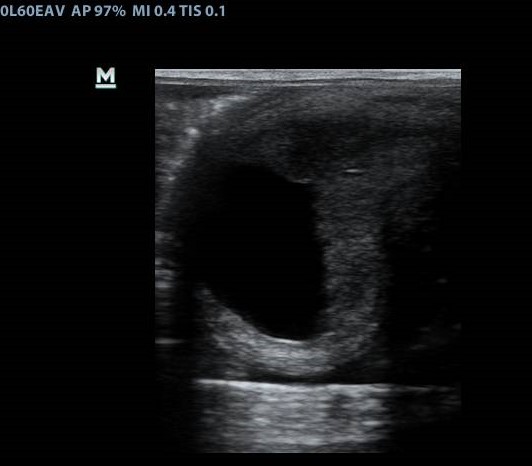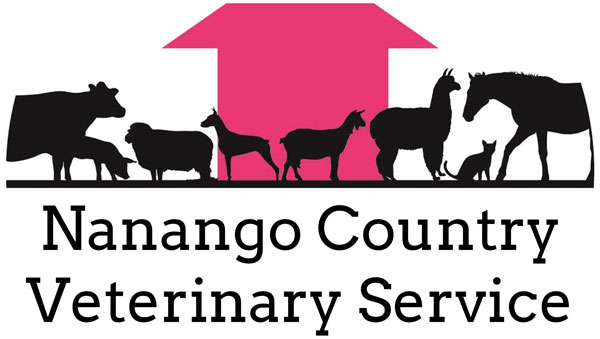Veterinary Services for Horses
Dental Care Follicle and Pregnancy Scanning Lameness Work-ups Biosecurity

Equine Dental Care
Young horses
Young horse’s teeth grow faster than adult teeth. As they lose their baby (temporary) teeth, problems can occur. Retained temporaries are a common issue and usually need veterinary attention. Younger horses are also still in the learning years, so if they have a painful tooth condition, they can develop bad habits that are difficult to break. We recommend young horses get regular dental maintenance. A good time to get young horses teeth checked is when they are being handled and ‘broken in’. Professional trainers usually have their young horses checked every two or three months to prevent the development of any problems as their teeth are growing and being replaced.
Recommendations:
Paddock fed horses 5 years or younger – dental checks every 6 months.
Stable fed horses 5 years or younger – dental checks every 3-4 months.
Mature horses
Mature horses without unusual dental conditions should receive regular dental checks to ensure a long and healthy life. Dental problems in mature horses can cause problems such as loss of condition, chronic weight loss and temperament changes.
In old horses (15 years+), teeth growth slows and they can start losing their molars. These sometimes get caught and food impacts underneath causing bad breath and dental disease. Problems can also occur with the other teeth as a result of these lost molars or caught teeth.
Our vet will examine the inside of the whole mouth with a very powerful light that is connected to the mouth gag, will file (float) and sharp edges with the power float, and will remove any teeth that can be removed. If a problem id identified that requires specialist care, our vet will discuss this with you. Our facilities at the surgery include an undercover crush in a secure yard, and digital xray technology is available if needed.
The best thing is, you get to look in the mouth too, and you get to take home a comprehensive chart to keep in your horses’ health file.
Caring for your horse throughout its life will increase the overall condition of their teeth and decrease their problems in later years.
Recommendations:
Paddock fed horses 5 years or older – dental checks every 12 months.
Stable fed horses 5 years or older – dental checks every 6 months.
NB: Floating horse teeth exposes the veterinarian to the fluids of the mouth and throat. Mist created by the machine increases risk of inhalation of dangerous material by the veterinarian and horse handlers. This dangerous material could include Hendra virus. Horses can look completely normal, yet be incubating Hendra virus. For this reason, we advocate vaccination of your horse against Hendra virus prior to the dental being performed. This ensures the safety of both the veterinarian and the horse handlers to this deadly zoonotic (transmits horse to human) disease.
Follicle and Pregnancy Scanning for the Mare
For ultrasound examination of the reproductive tract, for safety reasons, the mare must be restrained in a crush or stocks, with a handler at her head. Most mares will tolerate the procedure very well. Restraint is important for safety, not only for the veterinarian performing the procedure, but also for the mare. In some cases, where the mare is tense, the veterinarian may administer a relaxant.
For a check of the reproductive tract, the vet introduces a rectal probe into the emptied rectum with a lubricated, gloved arm. This allows visualisation of the ovaries and uterus. The follicles can be measured in preparation for an AI or serving, or the developing embryo or embryos can be identified and aged if present. The probe will be used to examine the entire length of the horns and body as well as the cervix. Ultrasound during pregnancy also allows the veterinarian to monitor for normal growth and health of the embryo.

For more information about our veterinary services for horses, call us on 07 4163 3388 or fill in our contact us form.

